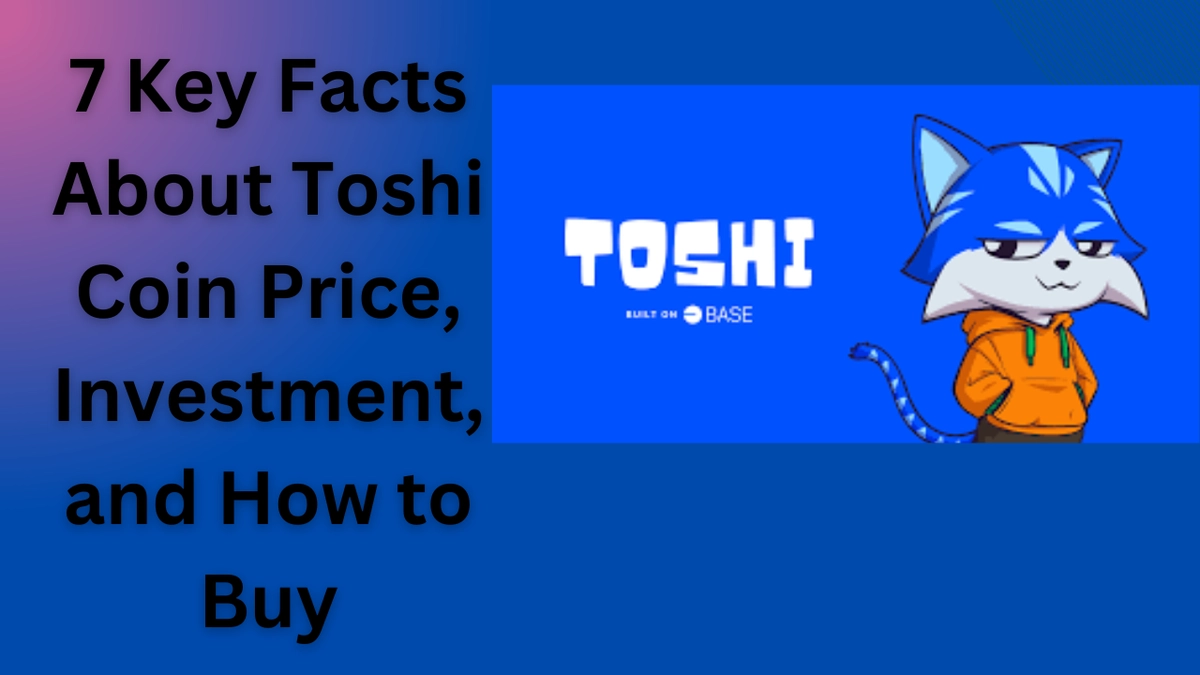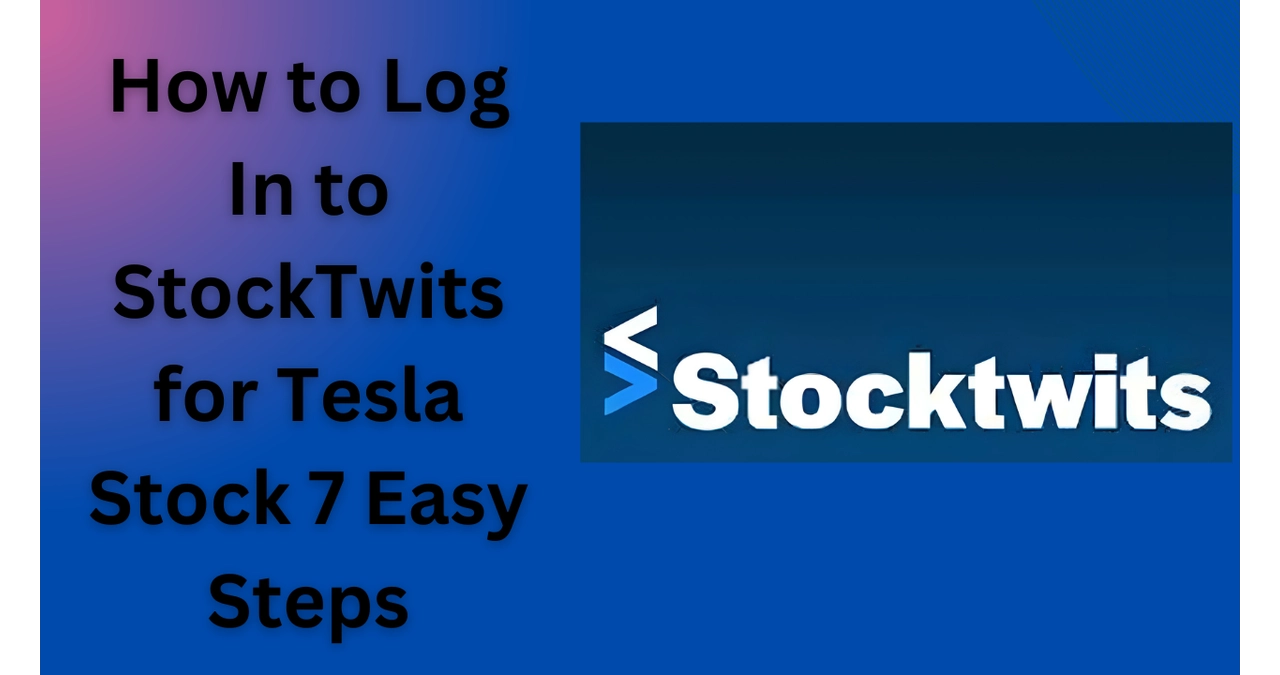The rapid evolution of artificial intelligence (AI) is transforming industries worldwide, and 2025 is poised to mark a pivotal moment in the AI revolution. With leading tech companies investing heavily in advanced AI systems, the race to dominate the AI landscape is heating up. So, who’s leading the AI revolution in 2025? Let’s take a closer look.
- 1 Tech Titans Driving the AI Revolution
- 2 Microsoft and Nvidia: A Strategic Collaboration
- 3 Who’s Leading the AI Revolution in 2025?
- 4 The Rise of AI Agents
- 5 Adoption Challenges and Changing Habits
- 6 Who’s Leading the AI Revolution in 2025? The Bigger Picture
- 7 How are Microsoft and Nvidia working together in 2025?
- 8 What challenges are associated with adopting AI agents?
- 9 Conclusion
Tech Titans Driving the AI Revolution
Companies like Microsoft, Google, Nvidia, and Salesforce are at the forefront of AI advancements. These giants have shifted their focus from AI chatbots to AI agents, the next big step in generative AI technology. AI agents, often referred to as “agentic AI,” go beyond simple interactions—they take actions on behalf of users, automating time-consuming tasks such as data management, scheduling, and workflow optimization.
Microsoft, for example, has reported groundbreaking progress with its AI Copilot system. According to Charles Lamanna, Microsoft’s corporate vice president of business and industry Copilot, the company has seen a 36% improvement in IT self-help success rates and a 9.4% increase in revenue per seller. These results highlight the transformative potential of AI agents in both professional and personal settings.
Meanwhile, Google is focusing on integrating AI agents across its ecosystem, ensuring seamless functionality for businesses and consumers alike. Nvidia, known for its dominance in AI hardware, is also playing a crucial role by developing cutting-edge GPUs that power these advanced systems.
READ MORE
MacKenzie Scott Donates $2 Billion in 2024: A $19 Billion Testament to Generosity
Microsoft and Nvidia: A Strategic Collaboration
In 2025, Microsoft and Nvidia have joined forces to accelerate the development and deployment of AI agents. This collaboration aims to combine Microsoft’s expertise in software innovation with Nvidia’s state-of-the-art hardware capabilities. By leveraging Nvidia’s powerful GPUs and AI platforms, Microsoft is enhancing the performance and scalability of its AI Copilot and other agentic AI technologies.
This partnership is a game-changer, as it bridges the gap between hardware and software, enabling more efficient processing of complex AI tasks. Together, Microsoft and Nvidia are laying the foundation for the widespread adoption of AI agents across industries, ensuring that businesses can benefit from faster, smarter, and more reliable AI solutions.

Who’s Leading the AI Revolution in 2025?
The answer lies in the collaborative efforts of multiple tech leaders. While Microsoft and Google lead in software innovation, Nvidia remains indispensable for providing the hardware infrastructure needed to support AI breakthroughs. Salesforce is bringing agentic AI into the realm of customer relationship management, helping businesses automate interactions and improve sales outcomes.
Each of these companies is tackling a unique aspect of the AI revolution. Microsoft’s focus is on enterprise productivity, leveraging AI to automate tedious tasks like expense reporting and HR case resolution. Nvidia’s role ensures the performance and efficiency of these AI models, making them scalable across industries. Their collaboration further solidifies their leadership in the AI revolution.
The Rise of AI Agents
AI agents are being touted as the next evolution in generative AI. Unlike chatbots, which primarily offer conversational responses, AI agents can perform specific actions on behalf of users. For example, they can read emails, extract key data, and input it into other applications, saving users significant time and effort.
These agents are designed to work seamlessly across various platforms, whether it’s in the workplace or on personal devices. Ray Smith, Microsoft’s vice president of AI agents, explains that AI agents function as extensions of AI copilots, providing users with an enhanced ability to delegate tasks. This represents a shift in how we interact with technology, moving from manual processes to intelligent automation.
Adoption Challenges and Changing Habits
As with any new technology, adopting AI agents will require users to change their habits. While the technology promises immense benefits, it also poses challenges in terms of user adaptation and trust. According to Bob O’Donnell, president and chief analyst at TECHnalysis Research, meaningful and helpful AI responses will be critical in gaining user confidence. “Changing people’s habits takes a while,” he notes, but the efficiency AI agents bring may accelerate this shift.
Tech companies are focusing on creating seamless user experiences to ensure these tools become indispensable. If successful, AI agents could transform not only how businesses operate but also how individuals manage their daily lives.
Who’s Leading the AI Revolution in 2025? The Bigger Picture
While the big names—Microsoft, Google, Nvidia, and Salesforce—are leading the charge, smaller companies and startups are also playing a significant role in advancing AI. These companies are introducing specialized AI agents tailored for specific industries, such as healthcare, education, and finance. These players are contributing to the broader adoption of AI technologies by addressing niche markets.
Governments and policymakers are also stepping in, to ensure that AI adoption is ethical and equitable. Regulations around data privacy and AI bias are being developed to safeguard users as AI agents become more integrated into daily life.
How are Microsoft and Nvidia working together in 2025?
Microsoft and Nvidia have partnered to accelerate the development of AI agents. By combining Microsoft’s software expertise with Nvidia’s hardware capabilities, they are creating efficient and scalable AI solutions. This collaboration is essential for integrating AI agents into workplaces and personal devices globally.
What challenges are associated with adopting AI agents?
The main challenges include user adaptation and trust. As with any new technology, people need time to change their habits and fully embrace the benefits of AI agents. Building confidence through meaningful and accurate AI responses will be key to widespread adoption.
Conclusion
Who’s leading the AI revolution in 2025? The answer is a collaborative effort by tech giants, innovative startups, and policymakers, all driving the adoption of AI agents. The strategic partnership between Microsoft and Nvidia highlights how collaboration can accelerate innovation and ensure these technologies are accessible on a global scale.
AI agents’ ability to automate tasks, improve efficiency, and transform industries is set to redefine how we interact with technology. As adoption grows, the role of AI agents will expand from the workplace to personal devices, becoming an integral part of our lives.
The AI revolution is no longer on the horizon—it’s here. And 2025 will be when AI agents truly take center stage, shaping the future of work and everyday life.








